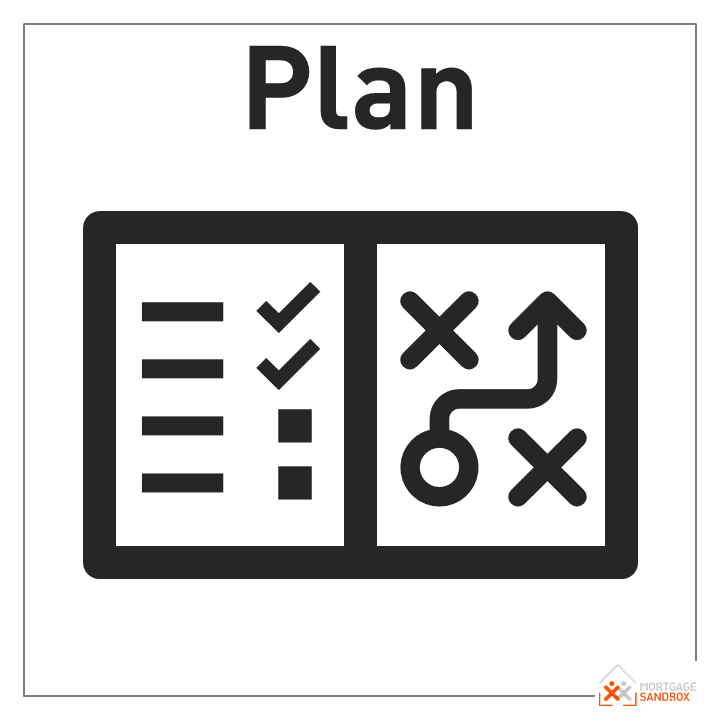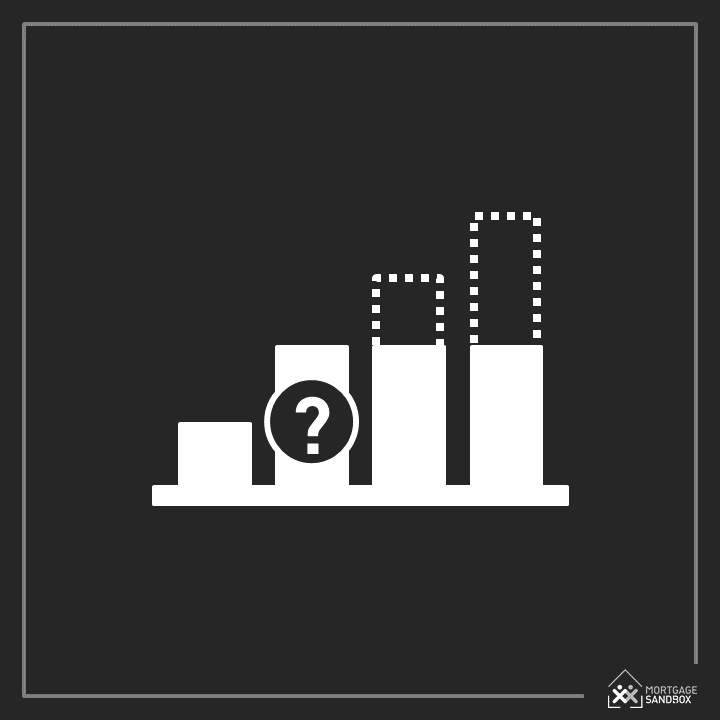Pros and Cons of Buying a Pre-Construction Home
A pre-sale or a pre-construction sale is where a developer sells homes in a development before construction has completed. Buying a pre-sale home is different from buying an existing home. In this article, we will explore the benefits, challenges, and risks of buying pre-sales.
Benefits
There are eight definite benefits to buying pre-sale:
Your home comes with a warranty
Better Price
Time to Save
Calm Presentation Centre Experience
Values May Appreciate
Rentals Are Allowed
Pets Are Allowed
Mortgage Vacation at Occupancy
Your home comes with a warranty
With a new home, your home and common areas come with a standard warranty. As well, everything, including the appliances, is brand new.
Better Price
Pre-sale homes should be cheaper than buying an existing home because the pre-sale buyer is taking-on some of the project risk from the developer. If prices were guaranteed to go up, then developers would always wait until the building was complete before selling the homes. Buyers who purchase early, particularly at VIP sales events, will get the best selection and prices and, in some cases, the ability to customize or even combine units.
If you bought the same unit the day after it was complete, then you would still get a new home, but your wouldn’t get the ‘pre-sale discount.’ That's because it’s finished and you will have avoided all the risks that come with pre-construction purchases.
Time to Save
Some Buyers want the ability to lock in their home and then have months or years to save up for their full down payment.
Calm Presentation Centre Experience
In hot markets with bidding wars and limited supply, visiting open houses and bidding in a ‘blind auction’ is stressful. In these conditions, buying a home pre-sale is a lot easier than competing against multiple offers because there are many units for sale in the building at one time, and you are negotiating with one sales representative.
Values May Appreciate
If house prices rise, between the date you sign the sales agreement and the date that the home is complete, you could receive a financial windfall.
You could be moving into a home with a significantly higher market value than the price that you paid.
Rentals Are Allowed
Most new buildings have fewer restrictions on rentals compared to older homes, which often have bylaws that restrict the number of rentals.
Pets Are Allowed
Since new buildings have fewer restrictions, new building bylaws often have no restrictions on pets!
Mortgage Vacation at Occupancy
When you buy a pre-construction home, you may run into the situation where the builder lets you move into your unit before the rest of the building is complete. Depending on your province, this timeframe is known as your occupancy period or interim occupancy period.
Since the building isn't finished, and you don’t yet own your unit, you don't need to start making mortgage payments. However, you will need to pay the developer an occupancy fee for each month that you live there until you eventually take ownership.
Occupancy fees allow the builder to break even the cost of you living in their building until it is complete.
Because this amount is likely to be cheaper than renting an apartment, you may find it appealing to move in early to get settled in your building.
Challenges
There are four primary challenges with a pre-sale purchase.
New is more expensive than used
You pay sales tax on new homes
Imbalance in Legal Consequences
Risks
New is more expensive than used
A new building will not require significant maintenance for 10 to 20 years…and it’s new. You should expect to pay more than you would for a five or twenty-year-old building.
You pay sales tax on new homes
Depending on the Canadian province, the buyer will be subject to either the Harmonized Sales Tax (HST) or the Goods and Services Tax (GST). Sales tax is payable on the purchase price payable at the time of completion. You might be eligible for a rebate, but you will have to pay the day up-front and then apply for the tax refund.
For example, homebuyers living in Ontario are subject to a 13% HST when purchasing a new home, while in British Columbia, pre-sale buyers are subject to 5% GST.
The New Housing Rebate is a partial refund on the sales tax paid on purchases of brand new properties. You need to meet some criteria to be eligible for the New Housing Rebate, and the amount received also varies depending on the purchase price of the new home.
Imbalance in Legal Consequences
When it’s time to close on a purchase, the buyer is obliged to follow through on the agreement. If a buyer fails to close without a valid legal reason, they will forfeit their deposit, and the developer will have a right to pursue further damages.
On the other hand, if the developer fails to close, they only have to return the deposit to the buyer. There are no other legal consequences for the developer.
Risks
Re-sale agreements generally shift risks from the developers to the homebuyer. That is why pre-sales sell for a better (discounted) price when compared to a brand-new completed home.
There are other risks associated with a pre-sale purchase—more about the risks below.
Risk Associated with Pre-construction Purchases
The five main risks of buying a pre-sale home are:
Market Value
Interest Rates
Financing
Completion date
Finished product
Market Value
What will be the market value of the unit by the time it is ready to be occupied? Can anyone reliably say what the price of a property will be 2, 3 or 4 years from now? While various economists try to predict house prices two years in advance, two economists rarely predict the same outcome, and they are often incorrect. No economist pretends to know with any certainty what home prices will do in the future. They are simply providing educated guesses supported by historical data.
A pre-sale agreement is essentially a ‘futures contract’ (i.e., a commitment to buy something in the future) with an uncertain delivery date. While the price paid to the developer is guaranteed, the buyer does not receive a guarantee that the market value of the home they purchased will be equal to or higher than the pre-agreed purchase price.
As a result, the buyer carries the risk of market fluctuations, absorbs the losses if the market value goes down, and captures the gains if the market price rises.
Interest Rates
Nobody knows with certainty what variable or fixed mortgage rates will be 2 or 3 years from now. They could be lower or higher.
While your homeownership budget may work when you calculate it at today’s mortgage rates, does it still work if rates rise by one or 2 percent by the time the home completes?
On a $350,000 mortgage, each percentage point increase adds roughly $300 per month onto the buyer’s monthly mortgage payment. At the time of writing this article, the 5-year mortgage rate is 2.5% so a rise of one percent should be expected, and two percent is very possible.
Make sure your budget can handle a rise in interest rates.
Financing
While a purchaser may qualify for a mortgage today there are a few ways they may not be qualified when the purchase closing date arrives:
The rates have gone up or mortgage qualification rules have changed, and you no longer qualify for a mortgage according to bank’s lending guidelines.
The property market value has dropped below the pre-agreed purchase price, and the bank only lends you money based on the current market value. The purchase needs to make up the difference with a larger down payment.
You may be laid-off or had your hours reduced since you were initially pre-approved for a mortgage, so the pre-approval is no longer valid.
Completion Date
This is a moving target in pre-sale contracts. Most contracts provide an estimated completion date which is generally a year or two away. However, the contract will stipulate that the date is subject to change by the developer by a significant amount of time.
Thus, the developer may extend the closing date many times up to a specified “outside completion date” which may be several years past the original estimated closing date. The developer may be within its rights to extend the closing years beyond the date the purchaser may have planned for.
In the meantime, the purchaser is on the hook to buy the unit for what may feel like an indefinite period of time.
In contrast, when the developer is finally ready to complete, the contract provides for a short closing period (usually 7-10 days) within which the purchaser must be ready to close or face being in breach of contract.
Finished Product
When developing marketing materials, the developer’s marketing company will go to great pains to make the homes look as favourable as possible in the showroom and online promotional material.
Sometimes, when you move in, the final product doesn’t feel as spacious or luxurious as the brochures implied. As well, sometimes the developer makes changes without asking you.
Purchasing a home from a floor plan requires vision and experience. The Disclosure Statement will have a clause that allows the developer to make small variances to the floor plan during construction if needed (e.g., adding a load-bearing column in the corner of your living room would be considered a small deviation from the plan). As well, based on legal precedent, the size of a condo unit can be 5% smaller than described in the draft strata plan or marketing materials with no recourse to the buyer. Likewise, things like appliances, hardware, and cabinetry can be substituted.
Key Takeaways
Always have your own realtor represent you when you buy any home. The developer will pay the realtor a pre-arranged commission for bringing in a buyer (so your realtor gets paid, and you get independent representation).
After you sign a pre-sale agreement, bring the contract to your lawyer for review immediately. You are allowed roughly a week to rescission your offer. If you change your mind after reviewing all the documents in detail with your lawyer, you can cancel the contract within this period.
Always retain your own lawyer to represent you on the closing. Often the developer will provide a “recommended lawyer” for closing who may have (what appears to be) a discounted legal fee package for buyers. Discounted fees generally mean discounted service.
Need a local Realtor?
We help Canadians find pre-screened, local Realtors with whom they are predisposed to work well.
Like this post? Like us on Facebook for the next one in your feed.




